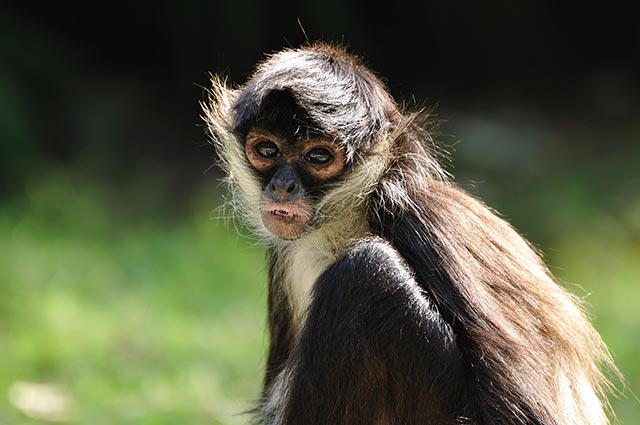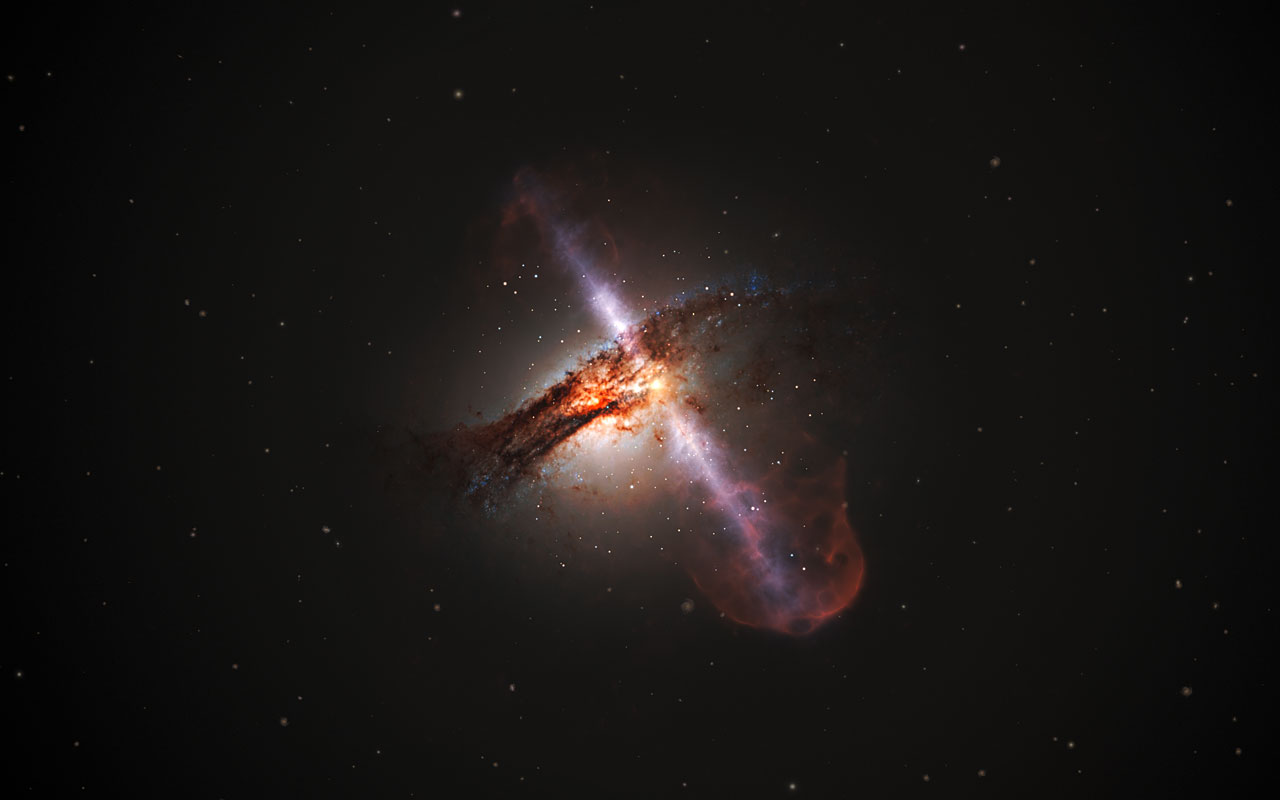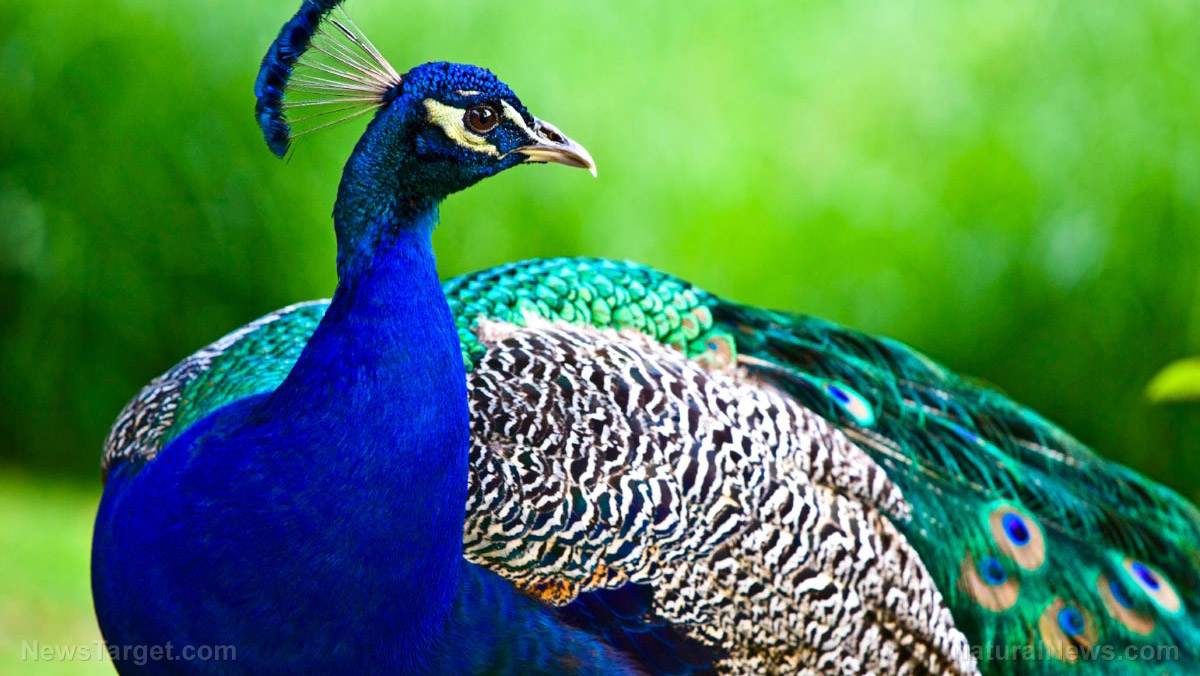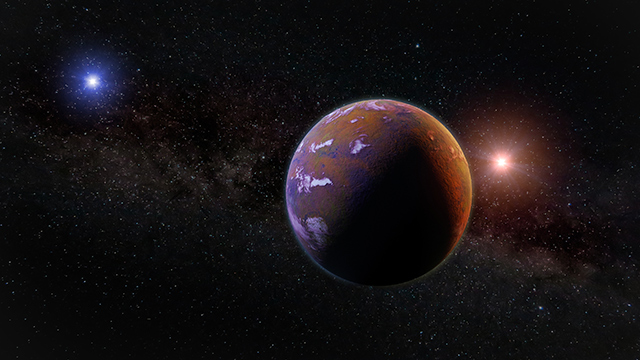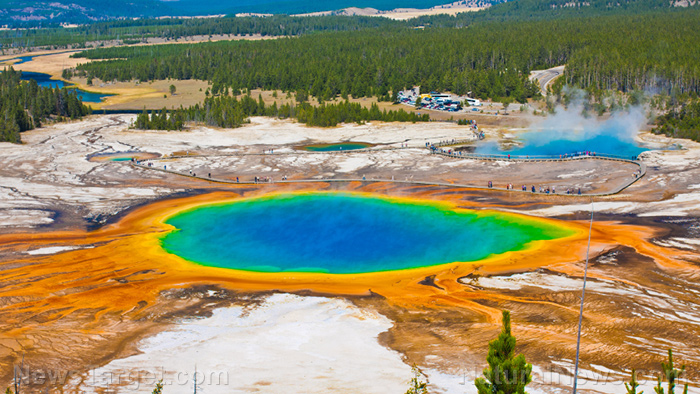Scientists say that aliens are looking at us like “animals in a zoo”
09/01/2019 / By Edsel Cook

The Earth serves as the galactic equivalent of a zoo, suggested European researchers at a recent conference on alien life. They believed that aliens have been keeping our planet under observation and quarantine to avoid causing panic among the human population who are not ready to make first contact with extraterrestrial beings.
Many studies indicate that other forms of life likely exist in other planets. Some propose that aliens might be smart enough to communicate with humans and advanced enough to travel between stars.
However, decades of searching for any signs of extraterrestrial life have turned up nothing. Humans have yet to (officially) find any form of alien life out there, much less intelligent life.
Therefore, researchers from Messaging Extraterrestrial Intelligence International (METI International) considered that intelligent aliens have already known about the existence of Earth and the human race. However, the extraterrestrials have chosen to conceal their presence from humans because they believe that we were unprepared for the reality of their existence.
In their theory, the aliens do not wish to disrupt the existing human culture and society, so they have been treating Earth like a zoo or wildlife research center where they might observe humans, but never interfere until the latter is ready for first contact. (Related: Alien life may exist in Jupiter’s moon Europa and other frozen worlds.)
Intelligent extraterrestrials might be observing humans in secret
Every two years, METI International holds a conference in Paris, France. The workshop attracts researchers from around the world who want to find the answer to the long-standing question posed by famed researcher Enrico Fermi in the 1950s about the apparent absence of alien life in the galaxy or even the universe.
The 2019 workshop took place at the Cité des Sciences et de l’Industriem science museum. Several attending researchers brought up the idea that intelligent aliens might be aware of humans, but were keeping us in the dark for as long as possible.
“It seems likely that extraterrestrials are imposing a ‘galactic quarantine’ because they realize it would be culturally disruptive for us to learn about them,” suggested Institut National de la Recherche Agronomique (INRA) researcher Jean-Pierre Rospars, one of the two chairpersons of METI International.
Rospars and other researchers noted that intelligent life on Earth took predictable paths of evolution with the occasional randomly developed feature. Similarly, intelligent species might have repeatedly appeared throughout the universe independent of each other.
As such, researchers expected that intelligent aliens would resemble humans, especially if the conditions for the development of life on exoplanets resembled those on Earth.
If aliens are much smarter than humans, we have to persuade them that we’re intelligent enough
However, Rospars added that modern-day humans might not have attained the highest possible level of intelligence. At the same time, extraterrestrials might have already gotten much smarter than us to the point that they consider human scientific and technological achievements to be primitive in comparison to theirs.
To persuade the aliens that humans are intelligent and ready for them, we might need to take more drastic measures. American researcher and METI president Douglas Vakoch used the example of an animal in the zoo that deliberately attracts the attention of its handlers before doing something that zookeepers recognize as a sign of human-level intelligence.
“Perhaps extraterrestrial are watching humans on Earth, much like we watch animals in a zoo,” Vakoch said. “How can we get the galactic zookeepers to reveal themselves?”
Humans will also need the right protocols for the first contact with alien life. Researchers at the Search for Extra-Terrestrial Intelligence (SETI) Institute and other academies call for a proper action plan instead of the existing “guidelines.”
Sources include:
Tagged Under: alien life, aliens, extraterrestrial intelligence, extraterrestrial life, extraterrestrials, first contact, galactic zoo, human intelligence, research, Space, UFOs, Unexplained, weird science
RECENT NEWS & ARTICLES
COPYRIGHT © 2017 SCIENTIFIC NEWS



